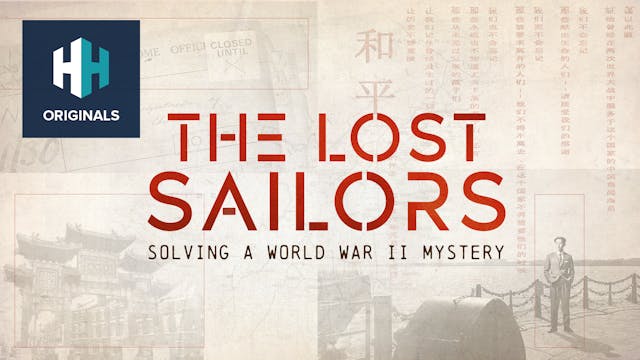In this first episode of 'The Room Where It Happened', History Hit invites three experts to deconstruct the thoughts and feelings of the key players at the heart of this crucial historic moment - each taking the perspective of one of the main protagonists: Khrushchev, Kennedy and Castro.
October 1962, a single photograph threatens to ignite the strained foreign relationship between superpowers, the USA and the USSR. The shot, taken by an American spy-plane flying over Cuba, captures the construction of missile launch pads, alongside crates that resembled the parts for the Soviet medium-range ballistic missiles. The USSR had broken the unspoken agreement to not directly involve nuclear weapons, and now suddenly they were aimed at American shores. If these missiles were fired, then America would retaliate and sink the world into mutually assured destruction in a matter of hours.
On one side is Fidel Castro, a revolutionary leader desperate to assert Cuba as an international communist power, and defend their land from American invasion. In the USSR, Nikita Khrushchev, the successor of Stalin, is determined to keep his Caribbean satellite state safe and emphasise the global power of Communism. And in the United States a young president, John F. Kennedy, is still bruised from the 1961 disaster at the Bay of Pigs - he promises to fight Communism at any cost. The situation is primed for all-out nuclear war - these men have just days to walk the world back from the brink of catastrophe.
The Cold War was very suddenly hot. One wrong move, and it would all be over.
Together, Dan Snow and his team stand in the shoes of these powerful characters, figuring out what their plans and goals were, and more importantly, how they managed to defuse one of the greatest crises of the modern era.
Who were the victors, who were the losers?
Welcome to the Room Where It Happened - The Cuban Missile Crisis.
__________________________________
Find out more about this episode's expert historians:
Iain MacGregor looks at the position of Khrushchev in this programme. He is the author of 'The Lighthouse of Stalingrad: The Hidden Truth at the Heart of the Greatest Battle of World War II' and 'Checkpoint Charlie: The Cold War, The Berlin Wall, and the Most Dangerous Place On Earth'
- https://iainmacgregor.com/
Professor Mark White of Queen Mary University of London. Author of ' Kennedy: A Cultural History of an American Icon' and 'The Kennedys and Cuba: The Declassified Documentary History'
- https://www.qmul.ac.uk/history/people/academic-staff/profiles/whitemark.html
The perspective of Fidel Castro is taken by Nicolás Prados Ortiz de Solórzano of University College London. Author of 'Cuba in the Caribbean Cold War: Exiles, Revolutionaries and Tyrants, 1952-1959'
- https://www.ucl.ac.uk/americas/people/academic-staff/mr-nicolas-prados
Up Next in 20th Century
-
The Forgotten Battle of World War I
This documentary sees military historian Alex Churchill travelling through Germany and the Belgian battlefields, retracing the opening weeks of the First World War - a blood battle that took place before the trenches, barbed wire and gas we typically think of when we think "First World War" - ins...
-
The Lost Sailors - Solving a World Wa...
During WWII, the sailors of the British merchant navy played a vital role keeping the UK fed and armed. They carried essential supplies across the treacherous Atlantic - and many paid with their lives. What's less well known is that many of those sailors were Chinese - volunteers who came to Brit...
-
Swordfish: World War II's Surprising ...
Dan Snow flies on a mission to explore one of the most daring and dangerous aerial attacks of World War 2
On 11th November 1940, 21 antiquated Swordfish aircraft took off from the aircraft carrier HMS Illustrious. They were embarking on one of the most extraordinary raids of the Second World Wa...





13 Comments